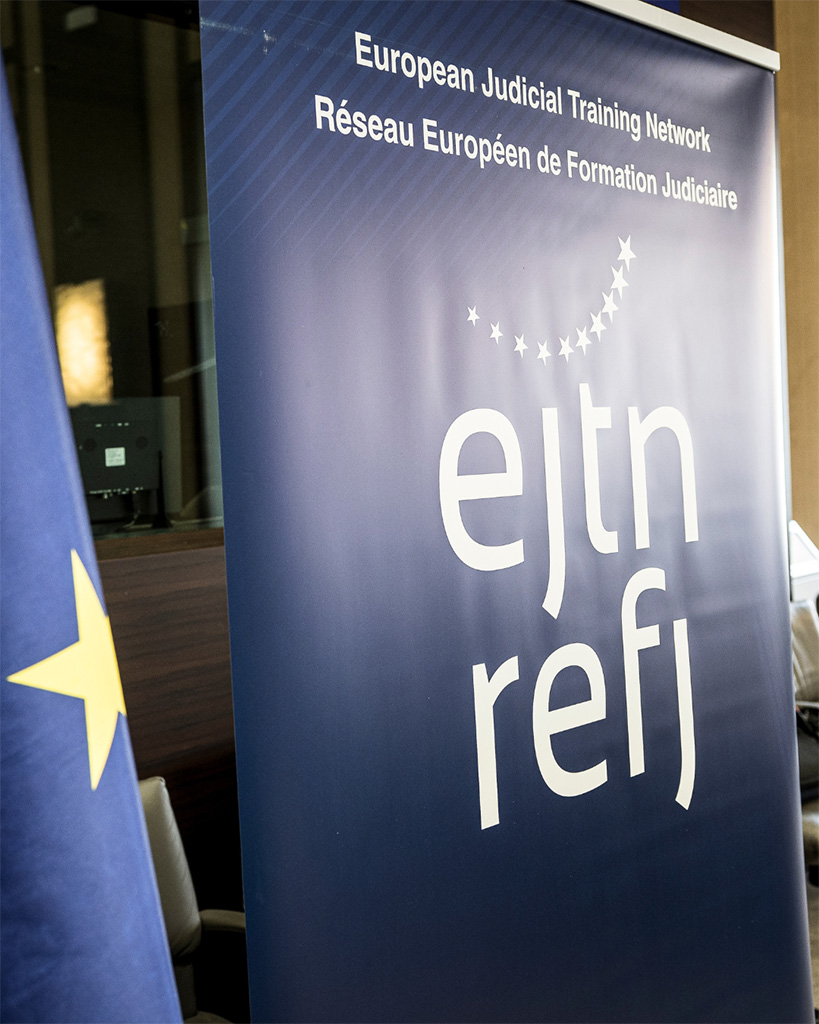What’s the objective?
The Linguistics Programme’s seminars aim at developing both the linguistics and legal skills of EU judges and prosecutors.
The courses are intended to familiarise participants with the various legal instruments in the different fields addressed and provide them with specific terminology. The trainings adopt an interactive, small-group methodology and feature the participation of tutors, a linguistic expert and a legal expert, working in a tandem.



